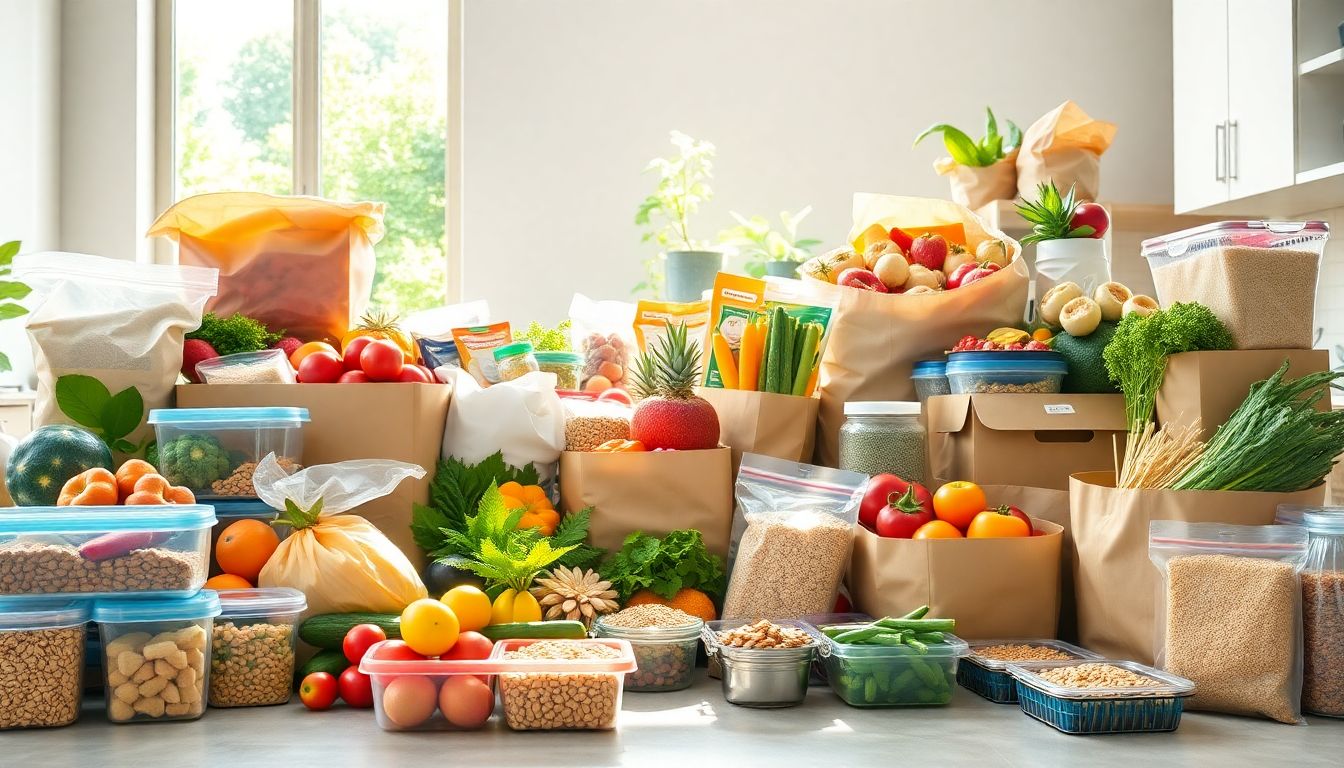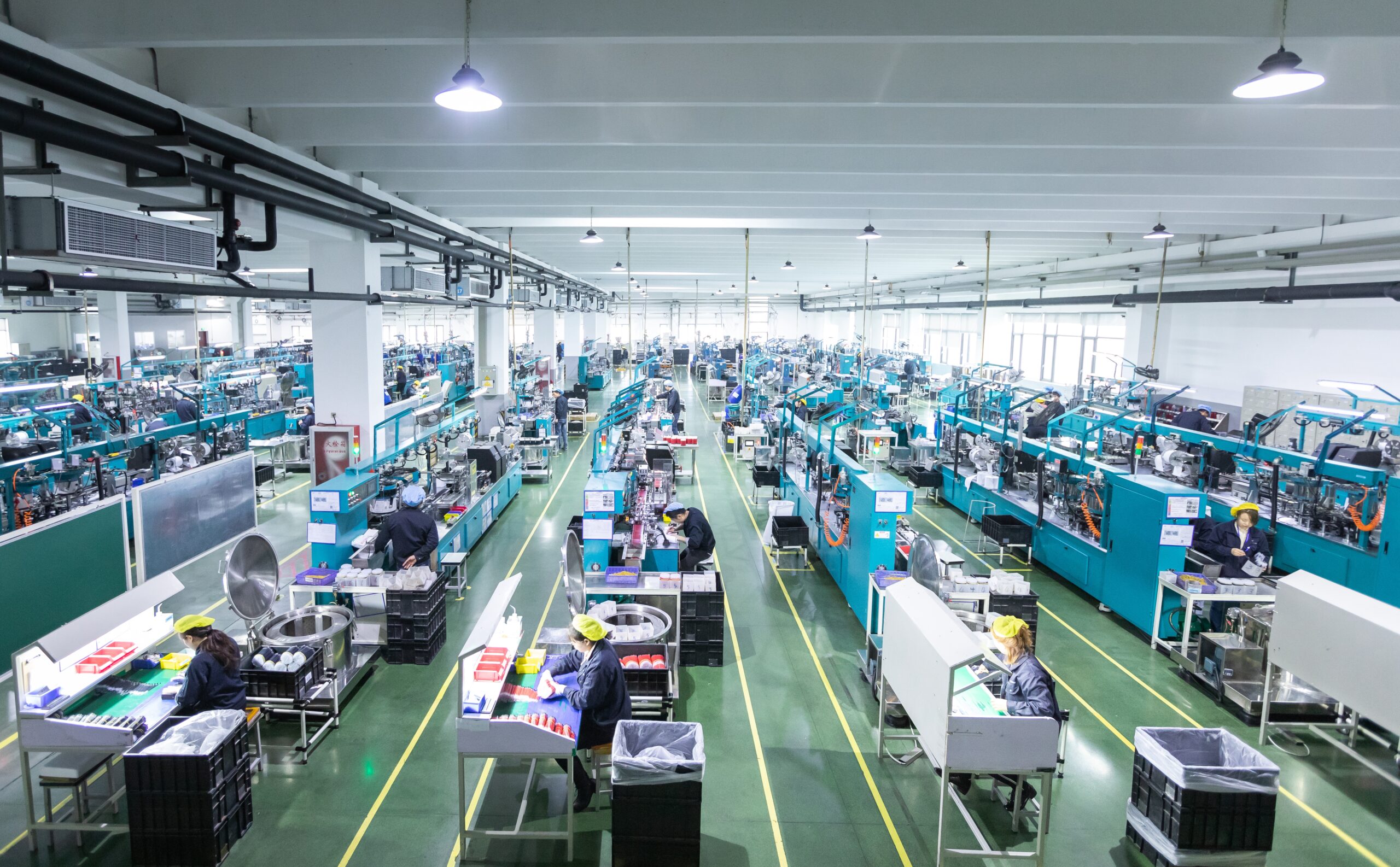Blog
The Environmental Benefits of Bulk Buying and Reducing Waste

Bulk Buying: How Reducing Waste Saves the Planet (and Your Wallet)
Think about all the packaging you toss each week. Plastic wrappers, cardboard boxes, and styrofoam containers. All that waste adds up, hurting our environment. What if there was a way to cut down on that trash and help the planet?
Bulk buying is an easy solution. It’s a way to purchase what you need in larger quantities, reducing the amount of packaging used. It can also save you money, too!
Bulk buying significantly reduces environmental impact through decreased packaging. It can also lower transportation emissions, and minimize food waste. This simple change can help create a healthier planet.
Understanding the Environmental Impact of Packaging
Packaging might seem harmless. However, its impact is huge. We need to consider the whole life cycle of packaging. This includes production, transportation, usage, and disposal.
The Problem with Single-Use Plastics
Single-use plastics are a major problem. They’re everywhere, from water bottles to grocery bags. They break down into smaller pieces called microplastics. These tiny pieces pollute our oceans and harm wildlife. Animals mistake plastic for food, causing health problems and even death. Plastic pollution can last for years.
The Energy Required for Packaging Production
Making packaging requires lots of energy and resources. For example, creating plastic involves extracting fossil fuels and processing them in factories. Paper production needs trees, water, and energy for pulping and manufacturing. Even glass production requires high temperatures and significant energy. All these processes contribute to pollution and climate change.
Landfill Overload and Pollution
Most of our trash ends up in landfills. Packaging makes up a large part of that waste. Landfills can overflow. This causes environmental problems. Decomposing waste releases methane, a potent greenhouse gas. Landfills can leak leachate, contaminating soil and groundwater. Reducing packaging can help our planet.
The Environmental Advantages of Buying in Bulk
Bulk buying offers many environmental advantages. It can drastically cut down on waste, reduce emissions, and minimize food waste. Making bulk purchases can help us protect our planet.
Reduced Packaging Waste
Buying in bulk means less packaging. Think about it: one large bag of rice versus several small boxes. A single bulk container of detergent versus many plastic bottles. By choosing bulk, you are reducing the amount of material that ends up in landfills. Studies show that bulk buying can reduce packaging waste by up to 80% for certain products.
Lower Transportation Emissions
Transporting goods has an environmental impact. Trucks, ships, and planes burn fuel and release emissions. When you buy in bulk, fewer trips are needed to transport the product. This reduces the amount of fuel burned and greenhouse gases released. Consolidated shipping in larger quantities is more efficient.
Minimized Food Waste
Food waste is a huge problem. Buying in bulk, when done carefully, can help. When you buy only what you need, you’re less likely to have food spoil. Planning meals and storing food properly are key to minimizing waste. This can lead to a better environment.
Practical Tips for Successful Bulk Buying
Bulk buying requires some planning. With the right strategies, you can save money and reduce waste. These tips will help you succeed.
Planning and Storage Strategies
Start by planning your meals. This helps you figure out what you need to buy in bulk. Check your pantry to see what you already have. Proper storage is crucial. Use airtight containers to keep food fresh. Label everything with the purchase date to track freshness.
Choosing the Right Products to Buy in Bulk
Not everything is ideal for bulk buying. Focus on shelf-stable items like rice, beans, pasta, and nuts. These products last a long time when stored correctly. Also, consider items you use often, such as oats or coffee. Avoid buying perishable items in bulk unless you know you can use them before they spoil.
Finding Bulk Buying Options
Many stores offer bulk options. Check out co-ops and health food stores. Many online retailers offer bulk discounts. Look for local stores with bulk bins. Some stores even offer package-free options, where you bring your own containers.
Beyond Bulk: Complementary Waste Reduction Strategies
Bulk buying is just one piece of the puzzle. Combine it with other strategies for a bigger impact. Small changes can make a big difference.
Composting Food Scraps
Composting is a great way to reduce food waste. Instead of throwing away food scraps, compost them. Compost can be used to enrich your garden soil. It reduces the amount of waste sent to landfills.
Reusing and Repurposing
Get creative with reusing items. Old jars can store bulk items. Plastic containers can be repurposed for storage. Find new uses for items before throwing them away.
Reducing Overall Consumption
Think about what you really need. Avoid impulse buys. Be mindful of your consumption habits. Reducing the amount you buy, in general, will have a positive impact.
The Economic Benefits of Bulk Buying
Bulk buying isn’t just good for the environment. It can also save you money.
Lower Unit Costs
Generally, buying in bulk offers lower prices per unit. This is because you are buying a larger quantity. Retailers offer discounts to encourage bulk purchases. You can save money by buying more at once.
Reduced Shopping Frequency
Fewer trips to the store save time and money. You’ll spend less on gas and avoid impulse buys. Shopping less often simplifies your life.
Conclusion
Bulk buying is a win-win for you and the planet. It reduces packaging waste, lowers emissions, and minimizes food waste. By embracing bulk buying, you’re taking a practical step toward a sustainable lifestyle.
Join the movement. Every small change adds up. Together, we can create a healthier, more sustainable world.
